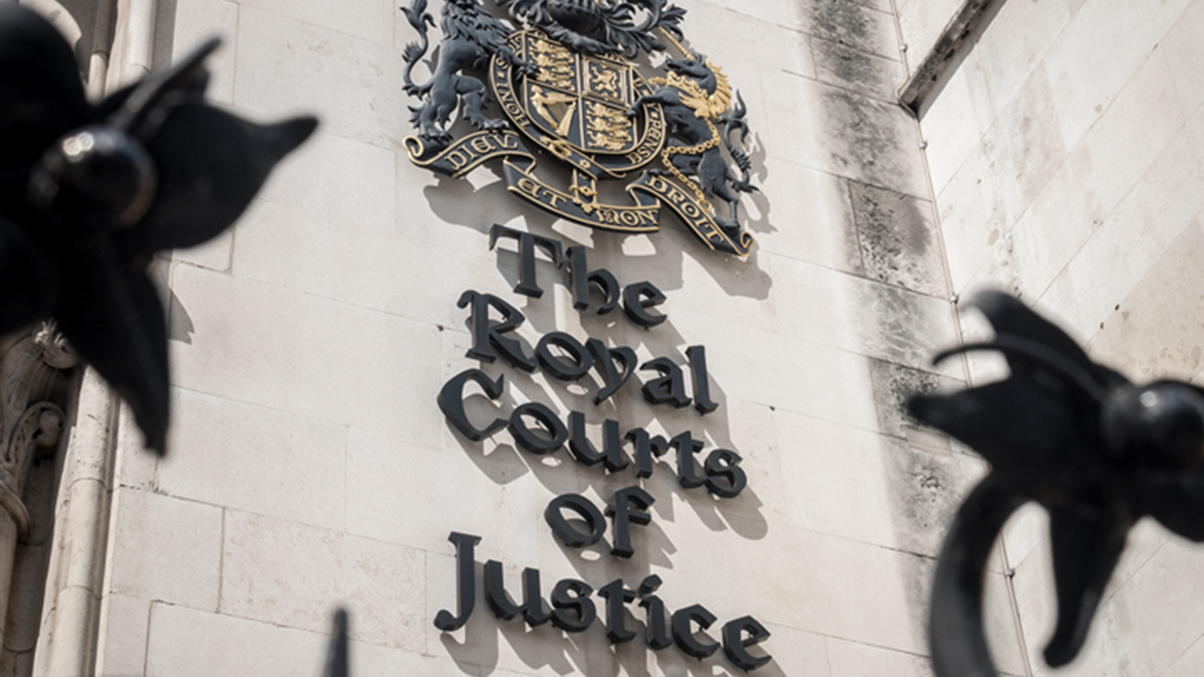A recent case dealt with applications by the wife (‘W’) for maintenance pending suit (‘MPS’) and a legal services payment order (‘LSPO’) in the context of financial remedy proceedings stayed pending a jurisdiction dispute.
Chantelle Tang reviews MG v GM [2022] EWFC 8, a case that Mr Justice Peel described as a “battle royale” in which “the parties agree on nothing”.
Background
H and W met in 2016 and married in London in January 2017. They had two children aged three and one who hold UK citizenship as well as that of H and W’s respective countries. H had had a successful business career, including running a hedge fund for some time until its collapse in 2018. Since then, H has been actively involved in a number of different business projects.
The family lived in London until February 2021, when they moved abroad. According to H, this move was a permanent relocation, although W claimed this was temporary. By the end of summer 2021, it appeared that the marriage had come to an end, with W returning to the UK with the children on 27 August 2021 without H’s knowledge or consent. H applied for the return of the children under the 1980 Hague Convention, but this application was dismissed, the court having found that the children’s habitual residence remained the UK.
Proceedings
In her MPS application, W sought c.£1m per annum, comprising:
- £68,250 to secure a new rental property in Kensington
- £25,000 per month for rent
- £510,000 per annum in general maintenance
- The cost of two nannies at £126,000 per annum
- Nursery and school fees
In addition she sought a backdated sum totalling c.£448,800, which W had spent on herself and the children since 1 July 2021when H had ceased financial support.
Regarding legal fees, W sought c.£900,000 to cover (a) the Hague Convention proceedings, (b) Children Act proceedings, (c) the divorce jurisdiction dispute, and (d) the MPS/LSPO application.
Issues
H and W were conflicted on several issues, including:
- Whether W was a successful businesswoman with significant resources in her own right (as H asserted, but W denied), and
- Whether H had access to significant resources (as W asserted, but H denied).
It was accepted that H had ceased all financial support of W and the children in the summer of 2021. Before that, the judge was satisfied that H had provided W “with largely unfettered access to funds enabling her to sustain a very high level of expenditure”. The judge held that the parties enjoyed a high standard of living during their marriage, which included use of expensive cars, occasional private jet use, luxurious holidays and London property rental of up to £13,000 per month.
The judge further found that H’s own use of funds during the period leading up to cutting support of W and the children contradicted H’s presentation that he was unable to pay: “These are not the actions of a man who contemplates a cashflow crunch.” It was similarly unattractive for H to make this claim while also not providing fuller disclosure.
Even though H had stopped providing money to W, W had continued spending at £72,900 per month on average, funded by personal loans from friends totalling nearly £500,000.
Decision
Mr Justice Peel held that the jurisdiction dispute did not prevent the court from making an interim order, and the court was able to make its decision using the objectively verifiable facts and contemporaneous documents provided. This was despite the absence of Form Es (financial statements) being available to the court.
In relation to MPS, Mr Justice Peel was satisfied that an award should be made to W, although he quantified the award at less than she had claimed on an interim basis and declined to award the backdated sum incurred prior to issue of the MPS application, having found W’s spending to be “irresponsibly excessive” and her budget “grossly exaggerated”. Legal fees funding provision was awarded, again on a reduced basis from that which was claimed by W.
Partner Lucy Stewart-Gould says:
“The case is significant in that it confirms the court may make interim orders for maintenance even in circumstances where the financial remedy proceedings have been stayed. Further, it demonstrates the extent to which the court will draw inferences in these interim provision cases if sufficient disclosure to support a party’s asserted financial position is not provided.”
The Divorce and Family Podcast
Private avenues for divorce proceedings, including mediation and arbitration, are also discussed on the Stewarts Divorce and Family Podcast.
Season one is now available on Spotify, Apple Music, Google Podcasts and other platforms, or you can listen on the player below. It covers topics including finances in a separation, what to expect in court, alternatives to court, common mistakes that can be avoided and co-parenting after a separation.
The podcast features leading lawyers from our Divorce and Family department and covers a wide range of topics to help individuals, advisors and others understand and navigate the many issues that can arise between a couple on separation. The podcast will cover all aspects of the work carried out by the department, from divorce and financial claims to issues concerning arrangements for their children.
You can find further information regarding our expertise, experience and team on our Divorce and Family pages.
If you require assistance from our team, please contact us.






